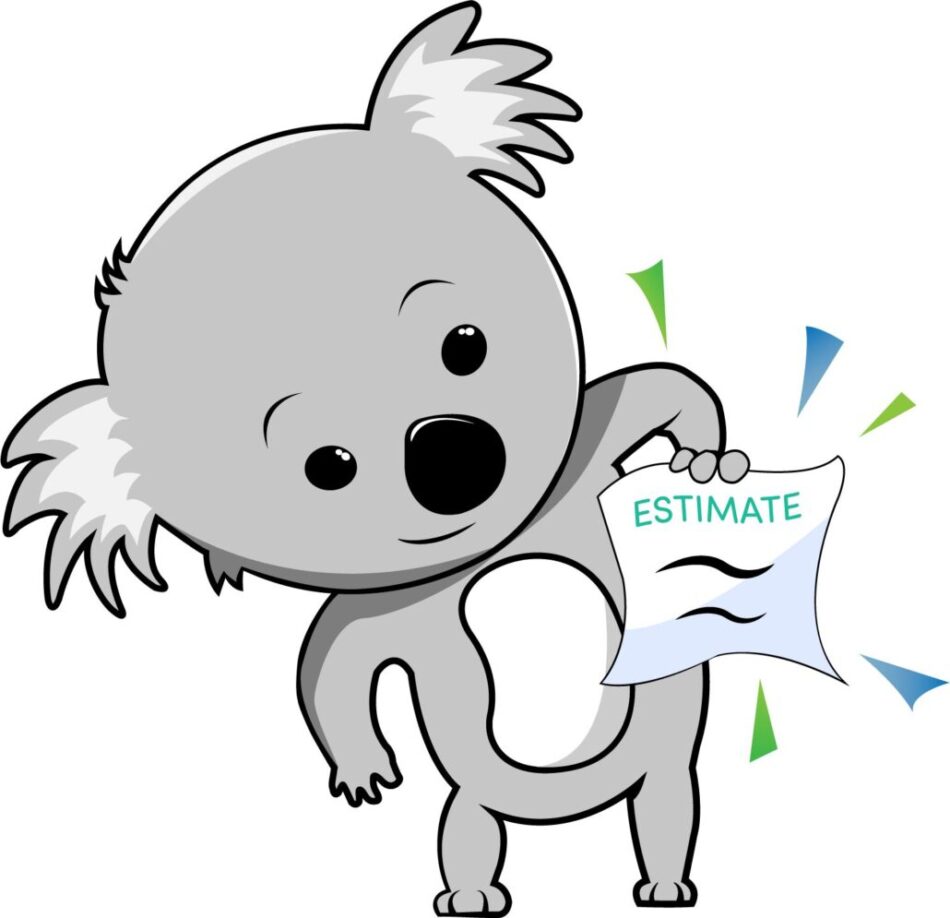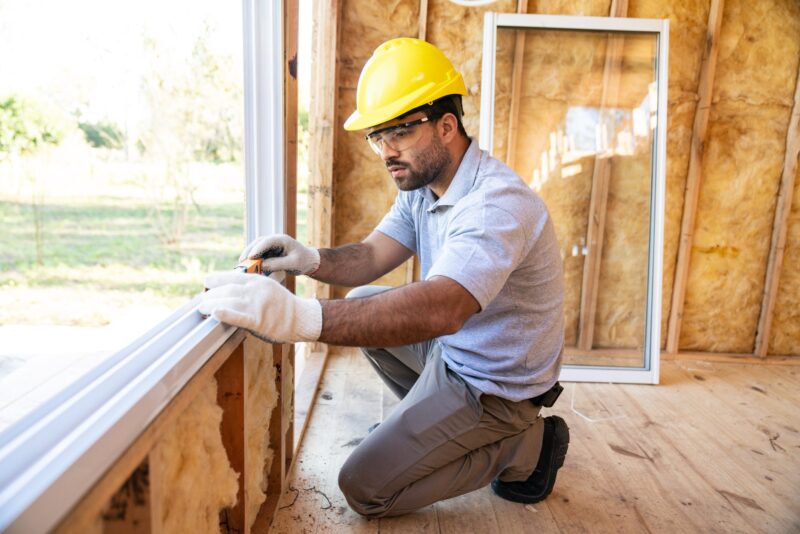
The Small Business Administration’s 504 loan is an affordable way to access funding for a range of energy efficiency improvements. If you meet current SBA 504 loan requirements, your organization can use the money to acquire or renovate commercial properties to better suit current or future operations.
Learn more about the 504 loan program’s potential for financing energy efficiency upgrades that will save your team money long-term.
What Are SBA 504 Loans?
The Small Business Administration runs several loan programs to address various business needs. The 504 loan is a long-term, fixed-asset financing product designed to fund major purchases or improvements.
Real estate: Historically, 504 loans have been used to acquire properties, such as office buildings, manufacturing plants, warehouses, or retail spaces. Over the past few years, a larger share of 504 loans have been used to expand existing facilities or make significant upgrades to HVAC, lighting, or the building’s insulation.
Land: Businesses can purchase land for future construction or current use.
Equipment purchases: Loans can also be used to acquire equipment and machinery, subject to certain requirements. The equipment must have a useful lifespan of at least 10 years or match the life of the loan terms, whichever is shorter. In most cases, the equipment must be fixed to the organization’s property. Most 504 loans purchase commercial kitchen, manufacturing, or industrial equipment, not vehicles or portable tools.
One of the Last “Green Energy” Loans
There have been cuts to many energy efficiency programs in the US, but the SBA has been largely immune. The 504 loan program may receive additional funding in 2025 and beyond, although tighter restrictions are in place, including the requirement of hazard insurance and more thorough asset scrutiny. Still, with other federal renewable energy grants for small businesses in doubt, the 504 loan remains a viable option for businesses for years to come. As long as your project includes insulation, HVAC, and related energy improvements, 504 funding is an excellent option.
What You Can’t Do With 504 Funding
There are also restrictions on how these loans can be used. These requirements distinguish 504 loans from SBA 7(a) loans, although there is some overlap between them. You cannot use a 504 loan:
- As working capital (payroll, operational expenses, etc.)
- To purchase inventory
- To consolidate debt
- To invest
- To cover franchise fees
- To purchase vehicles (highly specialized vehicles are sometimes allowed)
SBA 7(a) vs. 504 Loans
|
7(a) |
504 |
|
|
For more information on SBA 7(a) loans, visit their resources and explore related loan programs.
Who Is Eligible for an SBA 504 Loan?
SBA 504 requirements review criteria concerning both the business and the proposed project before approving the loan. As of June 2025, SBA 504 loan requirements include several criteria: here’s an overview.
Business Eligibility
For-profit status: Nonprofits are generally ineligible for 504 loans.
Size: The business must have a net worth of less than $15 million. The average net income over the previous two fiscal years must be below $5 million.
Location: The business must be US-based.
Debt: The organization must be able to demonstrate an ability to repay the debt from its operating cash flow (not another loan). It cannot be delinquent on any federal debt.
Project Eligibility
Use of funds: The project must include the purchases or improvements listed above, such as land acquisition, real estate purchases, or material improvements to the property, like commercial insulation.
Owner-Occupancy: The entity taking out the loan must occupy at least 51% of the property when the loan closes.
Employment: The business must create or retain one job for every $75,000 of the total loan amount. If this employment requirement isn’t feasible, the business must commit to one or more of the following goals:
- Reduce energy consumption by at least 10% (which insulation can help achieve)
- Product on-site renewable energy
- Recycle
- Be a veteran, woman, or minority-owned business
- Build in rural zones
- Operate in HUBzones or Labor Surplus Areas
For more on SBA loan eligibility requirements, contact your local SBA office.
SBA 504 Loan Interest Rates
The program operates through a network of SBA-approved commercial lenders, usually a local commercial bank or credit union. The lender contributes 50% of the total project cost and, therefore, 50% of the loan amount. This portion of the loan is negotiated between the lender and the business owner and includes factors like credit history, market conditions, and a risk assessment of the project.
The next 50% is sourced from the SBA at a lower, fixed rate. The SBA portion of the loan is tied to the current market rate of U.S. Treasury bonds, with maturity dates that align with the loan’s timeline (i.e., a 10-year loan matches a 10-year Treasury bond). The SBA adds a small spread on the current yield to cover its fees and administrative costs.
In most cases, businesses sign 10-year terms for equipment, 25-year terms for real estate, and 20-year terms for small real estate or improvement projects.
Finally, the business typically adds 10% equity to the loan. You’ll also find several fees, including processing, banking, legal, and appraisal fees.
The biggest advantage of 504 loans is that nearly 50% of the loans have a fixed interest rate, reducing exposure to rising interest rates over the life of the loan.
Read More: How to Use the Energy Efficient Home Improvement Tax Credit
Invest In Your Business with Koala Insulation
Every Koala Insulation location is locally owned and operated, so we know the realities of running a small business. Our commercial insulation services are designed to streamline your project by leveraging national resources and local expertise. We’ll help you navigate the financial aspects of the project and maintain detailed records throughout.
Get your project started by scheduling a free estimate from your local Koala Insulation today.
Find Your Location


Get a quote




